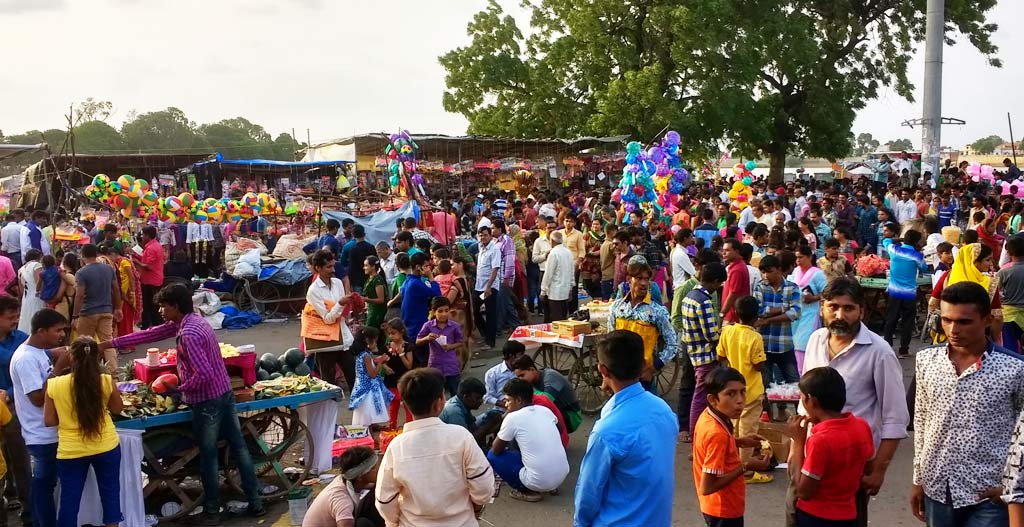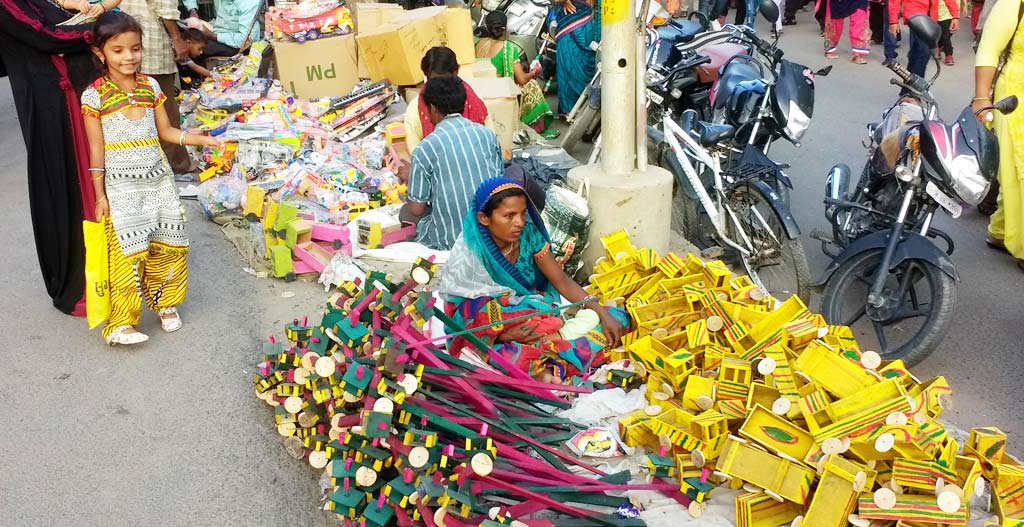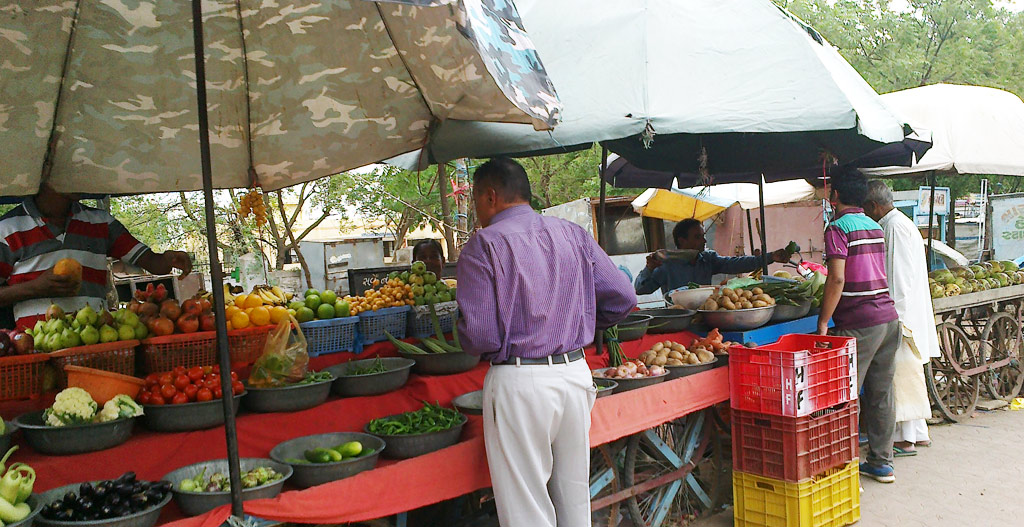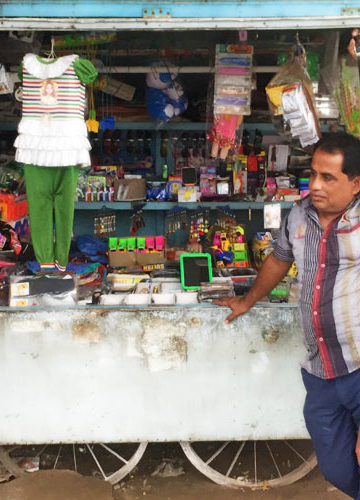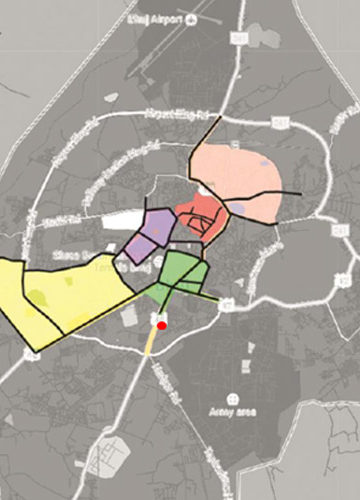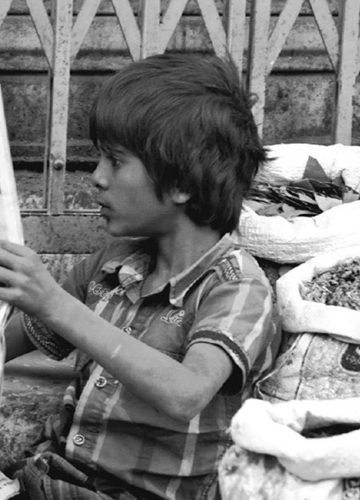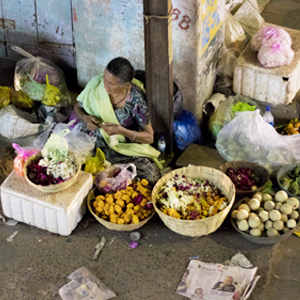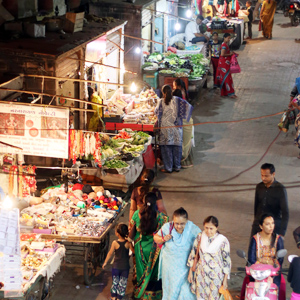SUMMARY
In Indian cities, streets are equally important places of social and economic exchange as places for mobility. With increasing vehicular traffic and intolerance by the elites, efforts have been made to remove vendors and pedestrians in favor of vehicles. However, the National Street Vendors (Protection of Livelihood and Regulation of Street Vending) Act, 2014, recognizes the rights of vendors and has regulated that the street vendors to be provided legitimised space and infrastructure to serve the city and safeguard their livelihood.
In Bhuj city, I have been trying to study the nature of vending and implement the provisions of the policy. As an architect, I value this heritage, and encouraged by the injustice towards the poor and feel challenged to use design to solve the problems of multifarious activities on this public space and create places of socio-economic and cultural growth.
Following initiatives have been taken in this direction:
I am supported by Hunnarshala Foundation, my sub fellow, other NGOs in the city and the Municipality in my efforts.
THE CASE OF BHUJ
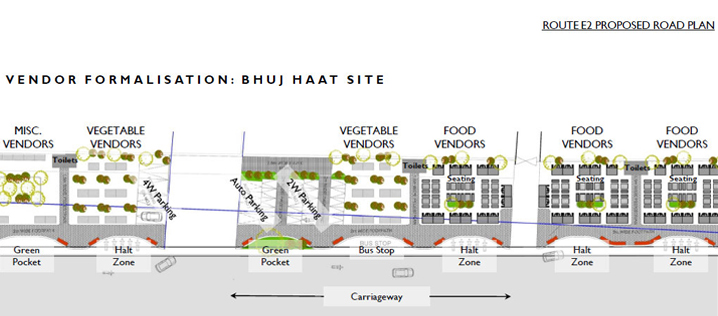
Bhuj is a remarkably spread-out city given the population that it holds, and hence has a relatively large street-area per capita. About a third of its population is noted to reside in informal slum settlements and belong to economically weaker sections of the society. Street vending is a common livelihood option for the residents of these informal settlements. However, due to frequent conflicts between the authorities working towards a planned city and the street vendors who are a part of the unplanned, natural city, it becomes a profession that is economically and socially insecure for this group of economically weaker sections. Hence, it becomes imperative to address these conflicts in a manner that is equitable and more grounded in the realities of the city.
The BhujNagarpalika is currently working towards facilitation of the city-wide street vendors’ survey and formation of provisional town vending committee.
It is envisioned that Bhuj moves towards a more inclusive and equitable city for the street vendors, who form an essential part of the informal economy of the city. This can be done through recognition of their important role in the society and provide them the platform for exchange that they rightly deserve. This can be further strengthened by setting up of a mechanism for the provision of social and economic security to the vendors of Bhuj city, by linking them to basic infrastructure and services. A multi-pronged approach is essential to address the vulnerabilities of the urban street vendors, keeping the existing conflicts in the context.
To follow this vision and to test it, a pilot project was taken up. This was for one of the most important and most visible junctions of the city, Jubilee circle, stretching up to BhujHaat complex on one side. This gave us the opportunity to understand the conflicts and also attempt to see the possibilities of resolution in the given frame of legal, physical and social boundaries.
SALIENT FEATURES OF THE PROPOSAL
PRESENT STATUS
- The proposal has been shared with officials of the local government bodies.
- Bhuj Nagar Palika (BNP) is in the process of forming a provisional town vending committee and consequently getting the vendor survey done for Bhuj city through the government-appointed agency.
ACTIONABLE POINTS
- Facilitating BNP for formation of provisional Town Vending Committee (TVC) and consequently the final TVC after due elections.
- Facilitating BNP in survey of the street vendors through selected agency.
- Raising awareness amongst the vendors and other stakeholders about the government schemes and their rights.
- Broad study of the streets of Bhuj to understand the true function of the streets in the city.

